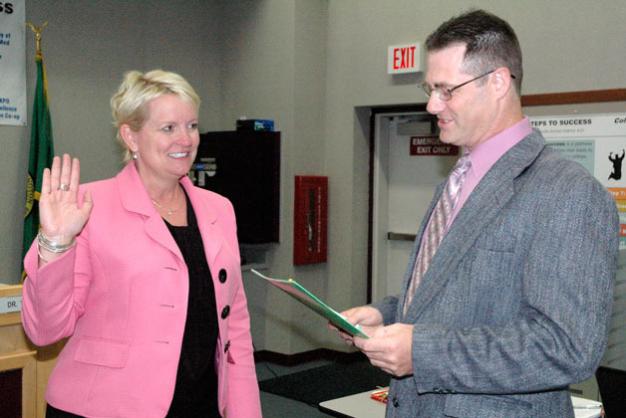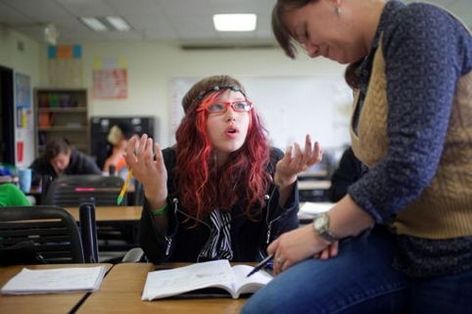The B.A. in Tribal Governance and Business Management will be offered starting fall quarter
Northwest Indian College’s (NWIC) evolution from the Lummi Indian School of Aquaculture to a college that now offers more diverse educational opportunities mirrors a growing nationwide demand for post-secondary education in tribal communities. Now, as NWIC celebrates 30 years of serving both regional and other tribes, the college continues to evolve and grow to meet new demands in Indian Country.
One of NWIC’s focuses in recent years has been on expanding its reach to more tribal communities and on providing students with the option to obtain culturally relevant four-year degrees without leaving their communities.
This fall quarter, NWIC’s growth will continue – that’s when the college will begin offering a bachelor’s degree at its Tulalip campus location. NWIC was approved to offer the Bachelor of Arts in Tribal Governance and Business Management degree in February by the Northwest Commission on Colleges and Universities, which oversees regional accreditation for 162 institutions.
“This is another important step in our evolution and growth as a four-year degree granting institution,” NWIC President Justin Guillory said. “All of our new bachelor degrees, like the Tribal Governance and Business Management degree, are intended to meet the needs of tribal communities, and to equip our students with the knowledge and skills needed to become leaders in their communities and obtain family-wage jobs.”
NWIC began offering program classes – both face-to-face and videoconferencing – at the college’s main campus on the Lummi Reservation in spring quarter 2013. Now, NWIC has expanded the degree offering to three of its regional extended campuses: Tulalip, Muckleshoot and Nez Perce.
There is high demand at the three NWIC sites for the Tribal Governance and Business Management degree program, said Bernice Portervint, NWIC’s dean of academics and distance learning.
“Members of the tribes we serve really want to help their communities develop and they really want to be involved with tribal nation building,” Portervint said. “ I really think this is a degree that promotes the skills, values and knowledge they can utilize for the betterment of their communities.”
The new bachelor’s degree was developed in response to a community needs survey that identified it as a degree that would be most beneficial to tribal communities, said NWIC’s Public and Tribal Administration Coordinator Laural Ballew, who co-developed the program and its curriculum with NWIC business instructor Steve Zawoysky.
“Our focus on a degree in tribal governance resulted from collaboration with tribal leaders, managers, scholars and students who recognize the importance of preparing the future leaders of tribal communities,” Ballew said.
Ballew, who is Swinomish, said she is excited and honored to be able to offer the Tribal Governance and Business Management baccalaureate degree program at NWIC.
“This signifies a momentous opportunity not only for NWIC, but for all the tribal nations we serve,” Ballew said. “It represents the vision of educational opportunities our elders and tribal leaders have strived to provide for tribal members. Offering this degree is a natural extension of our efforts to promote indigenous self-determination and knowledge through the teaching of tribal sovereignty and leadership, sound decision making and business practices based on cultural values.”
The Tribal Governance and Business Management program will offer students the fundamental knowledge and experience necessary to succeed in the areas of leadership, sovereignty, economic development, entrepreneurship and management, Ballew said.
The degree will include courses in: principles of sovereignty; Native nation building; tribal and public administration; business management; economic development; and leadership.
NWIC was approved as a baccalaureate degree granting institution in 2010 and, in addition to the Tribal Governance and Business Management degree, currently offers a Bachelor of Science in Native Environmental Science and a Bachelor of Arts in Native Studies Leadership. The college is also developing a bachelor’s degree in human services, which is expected to be completed by the 2013-2014 academic year.













